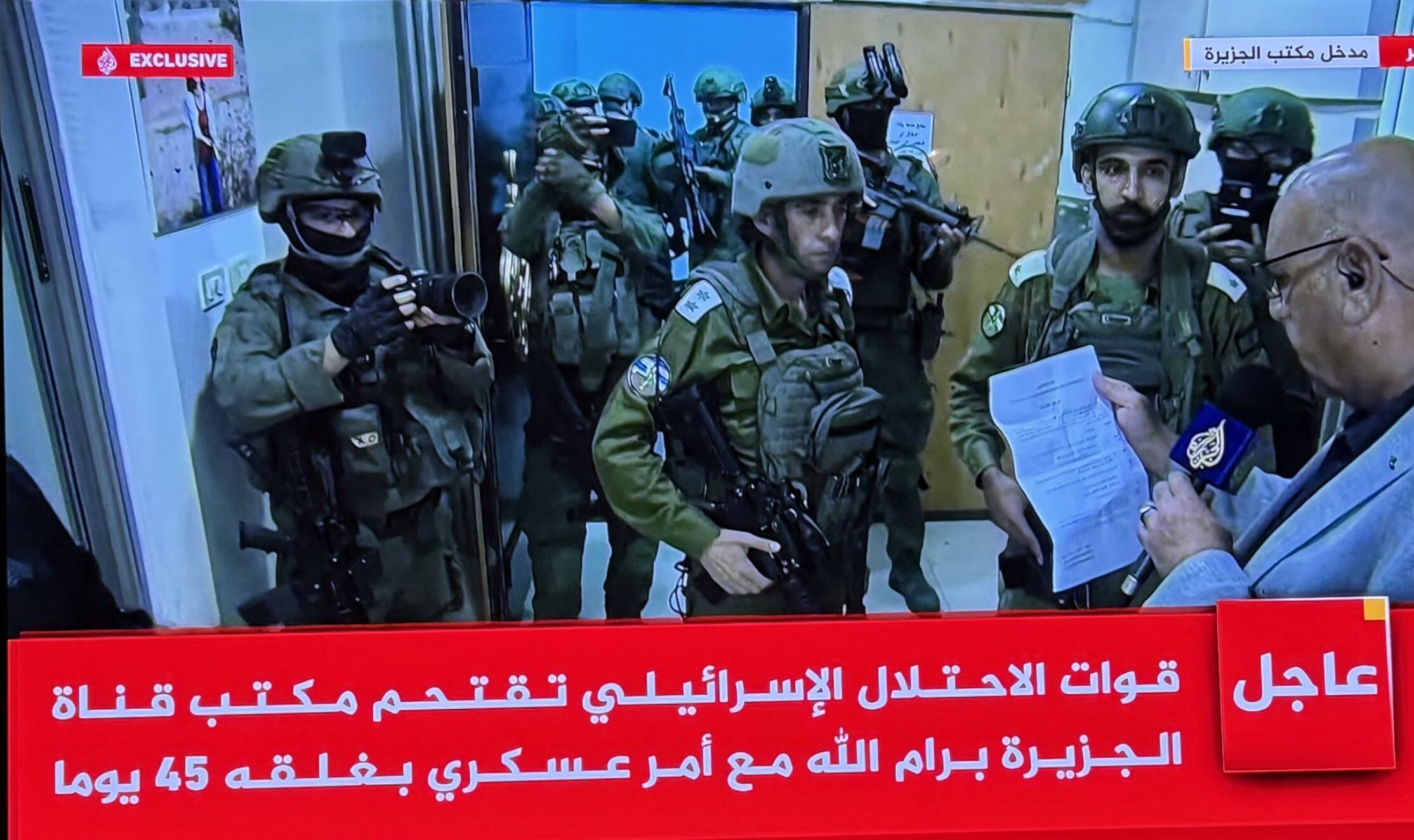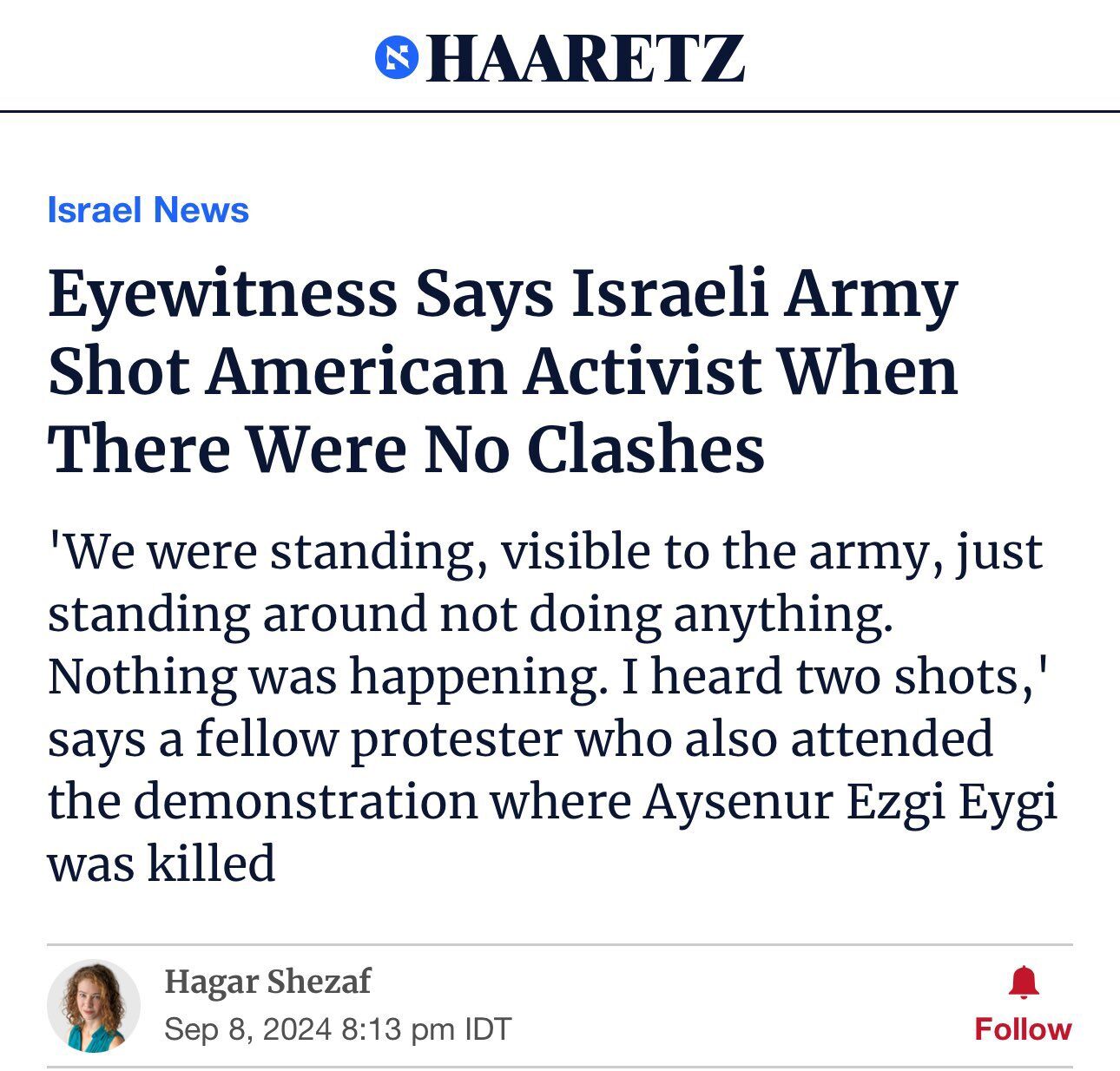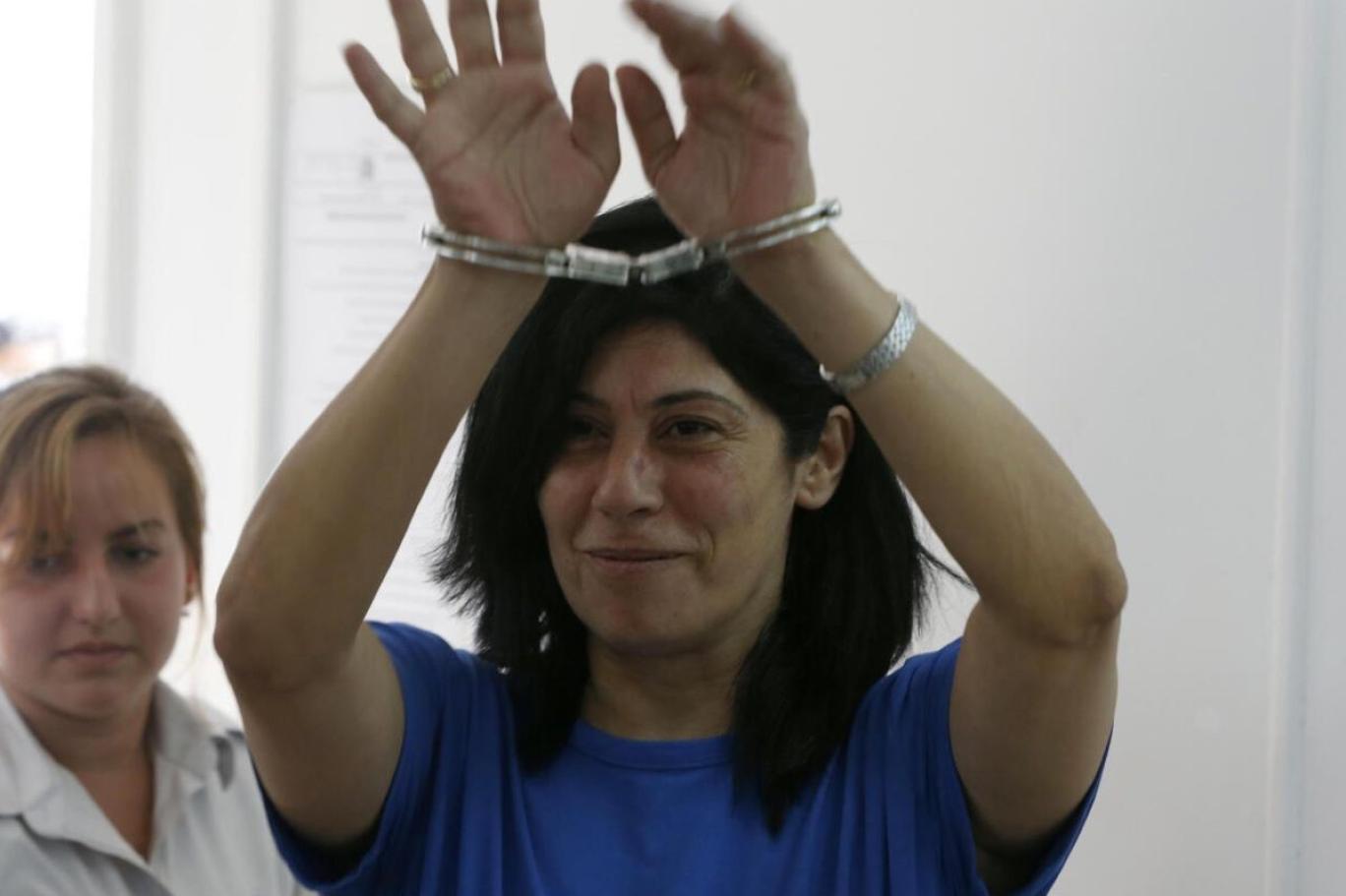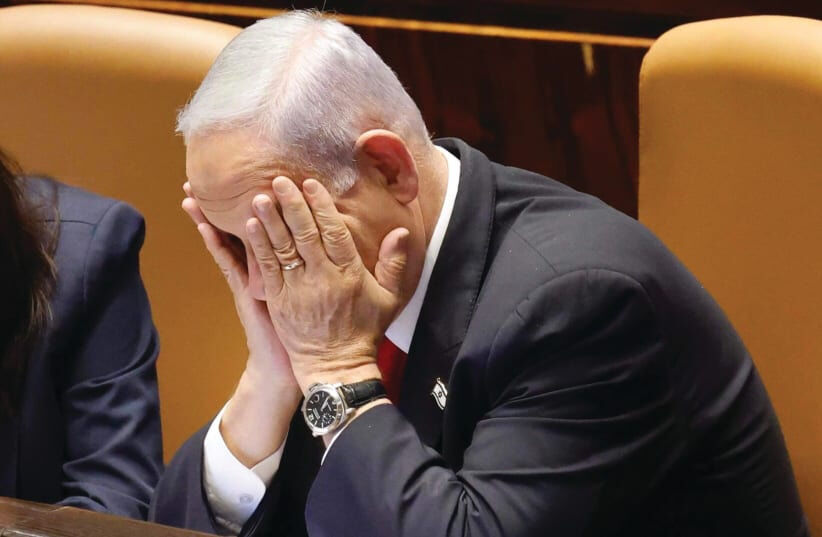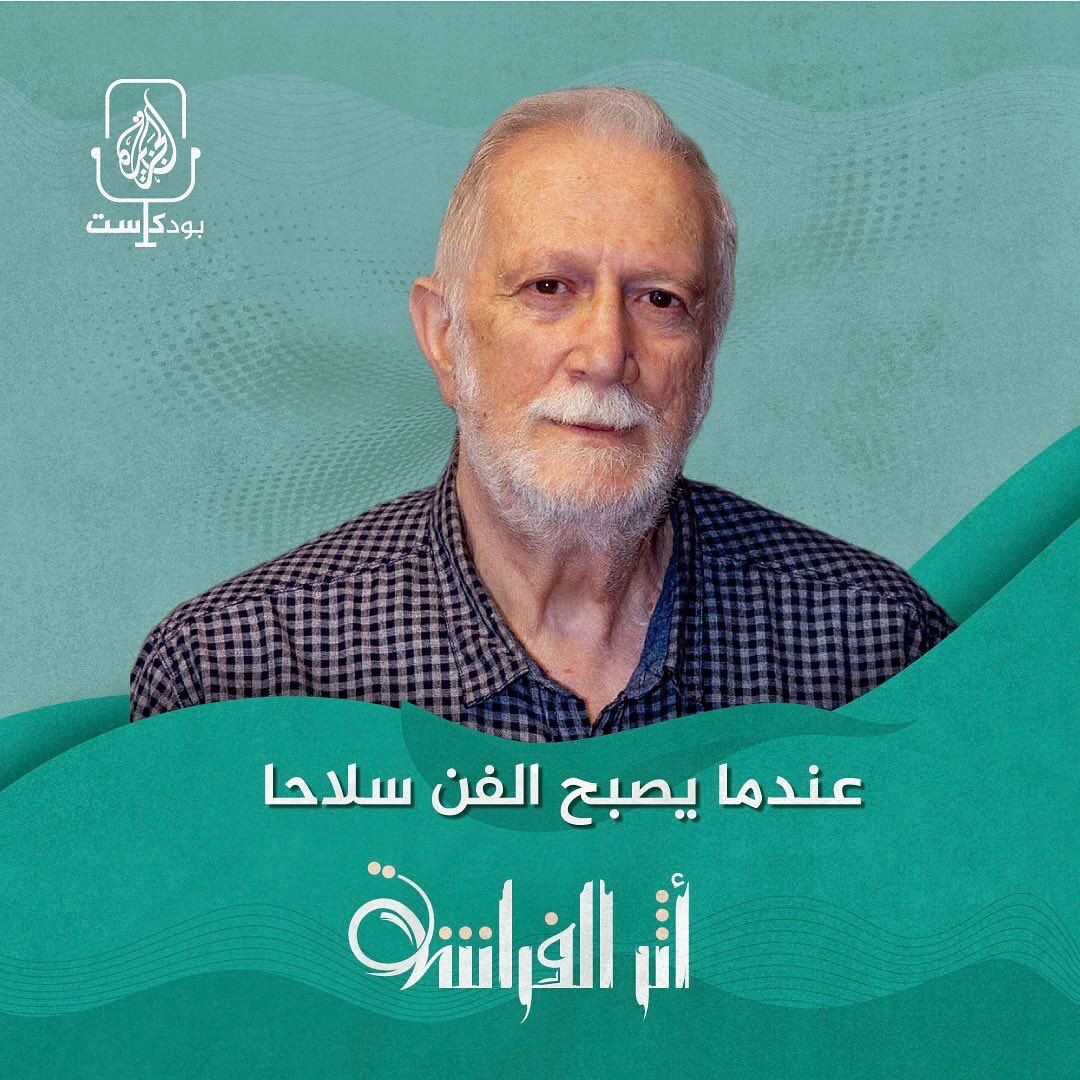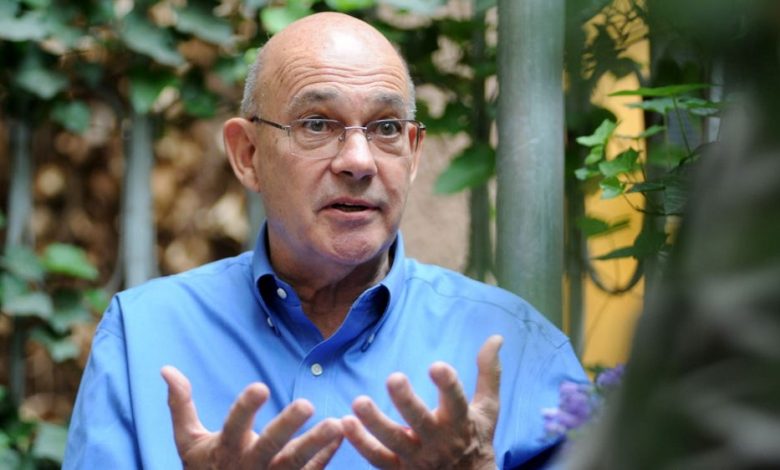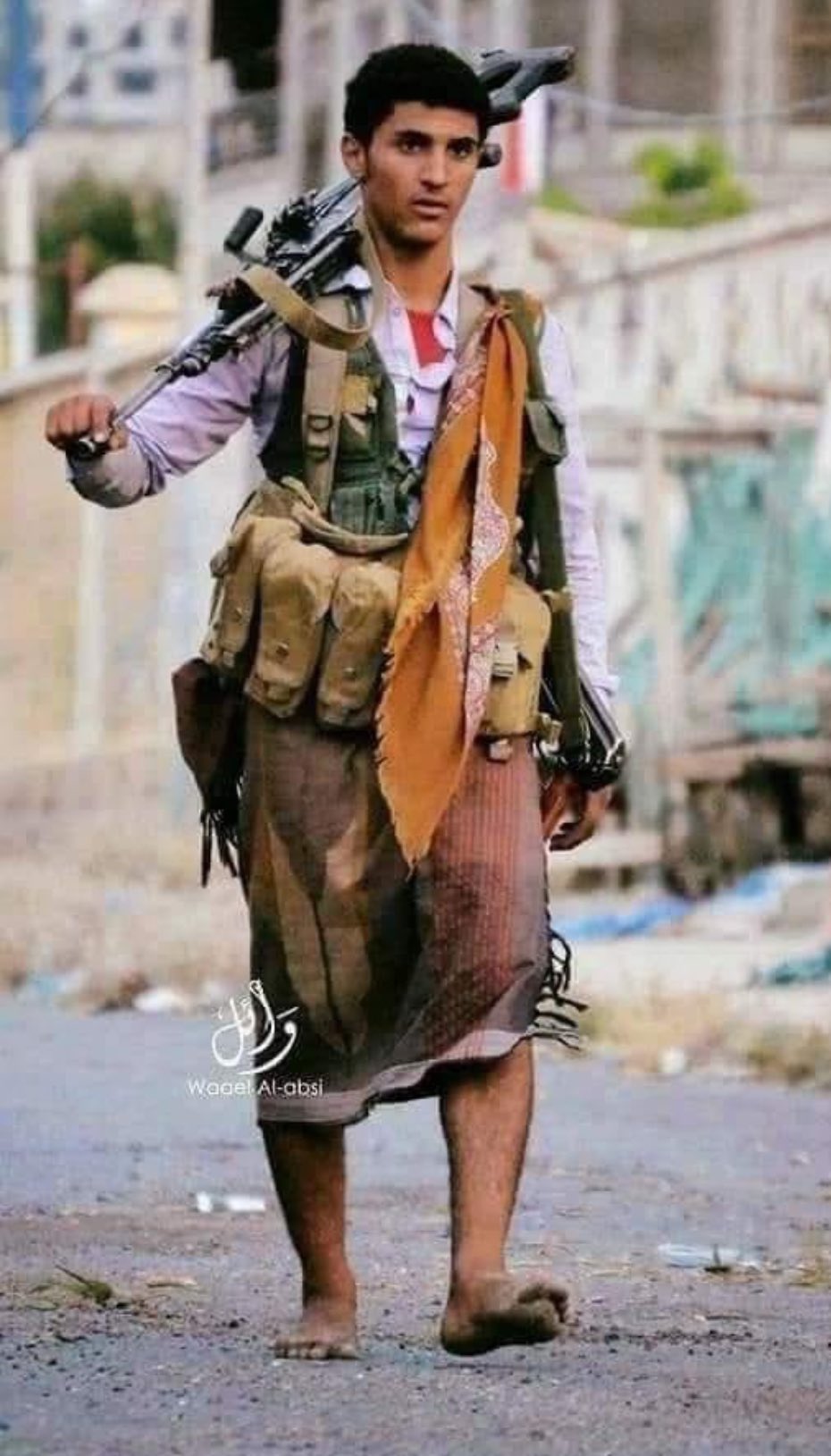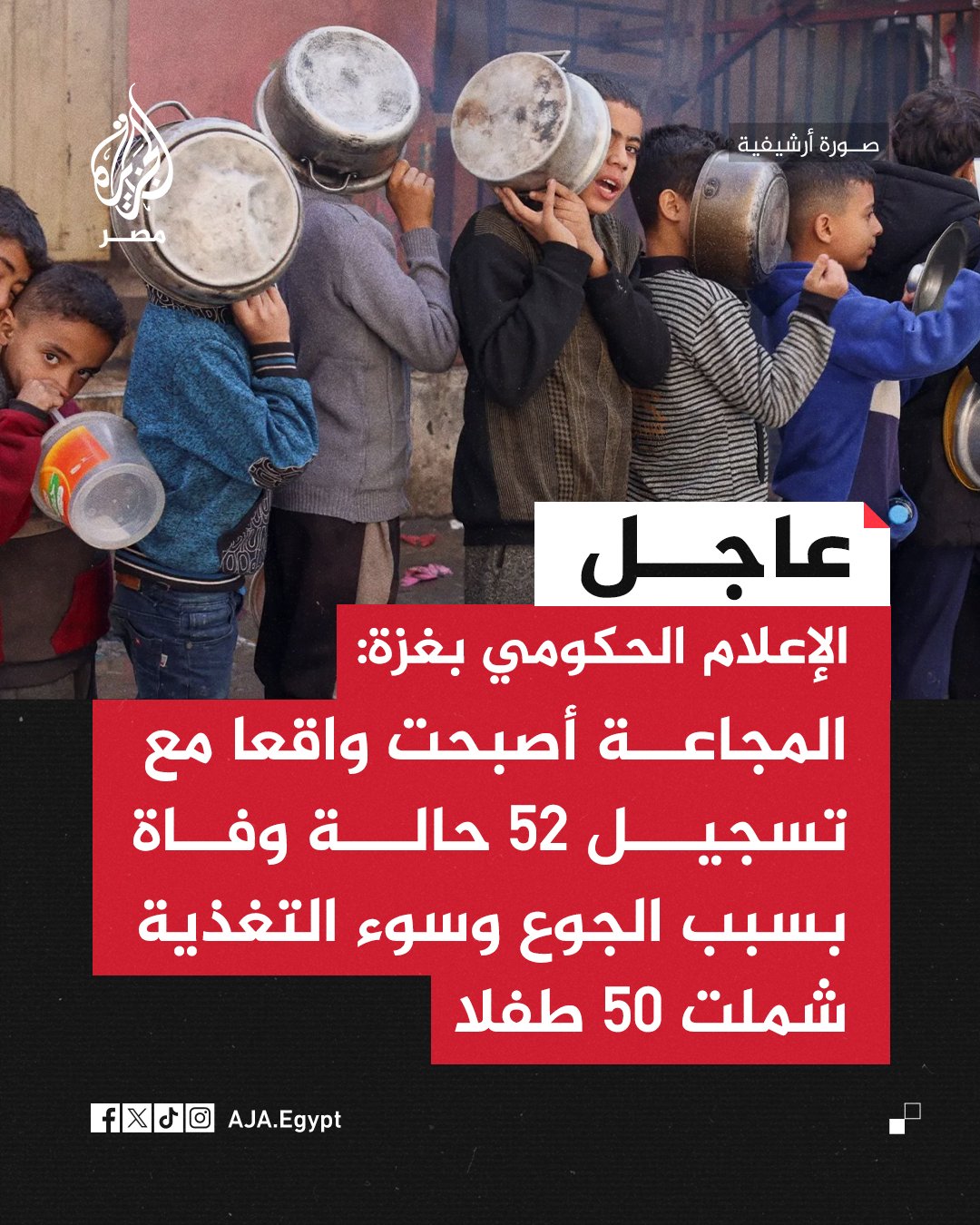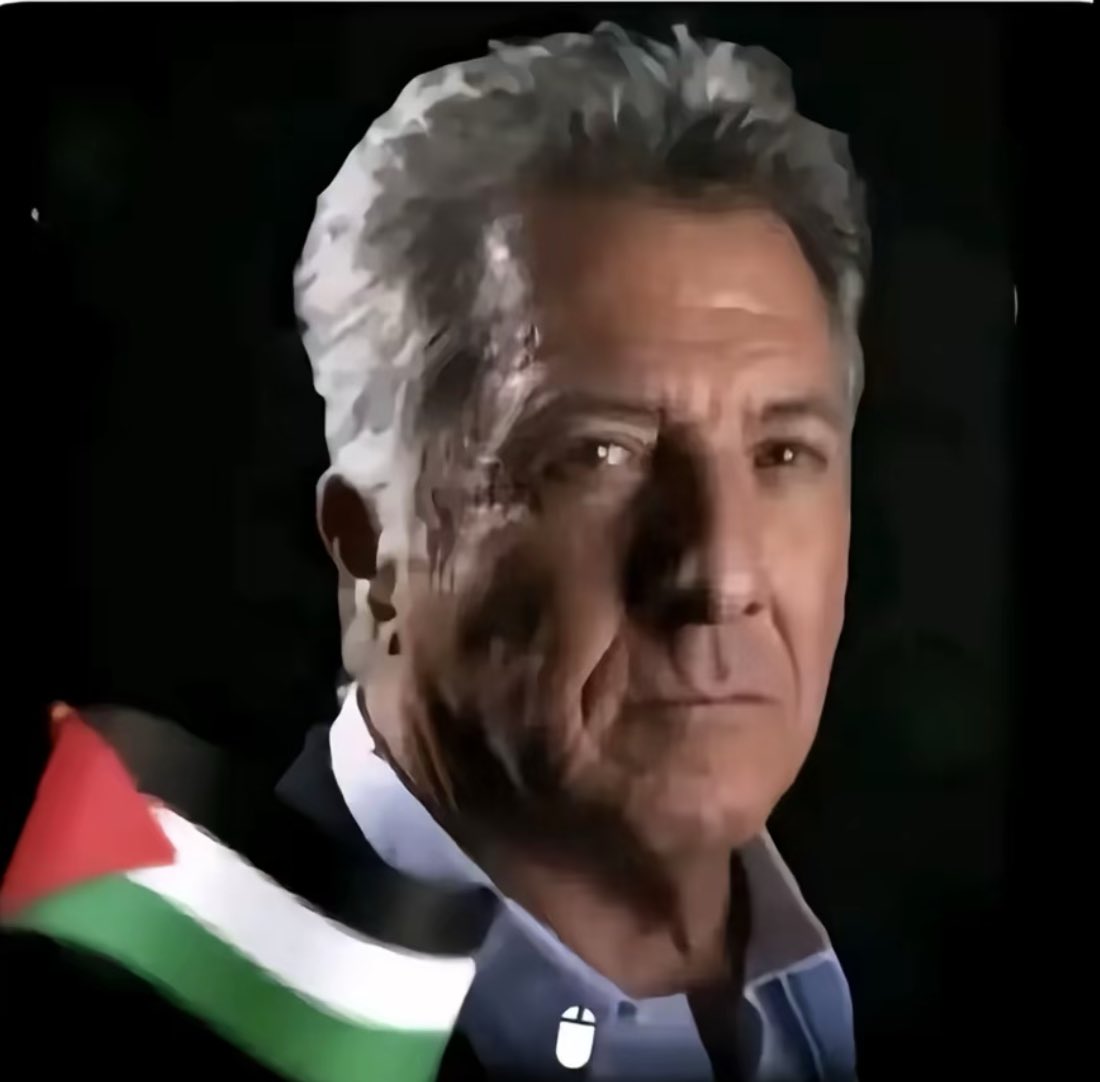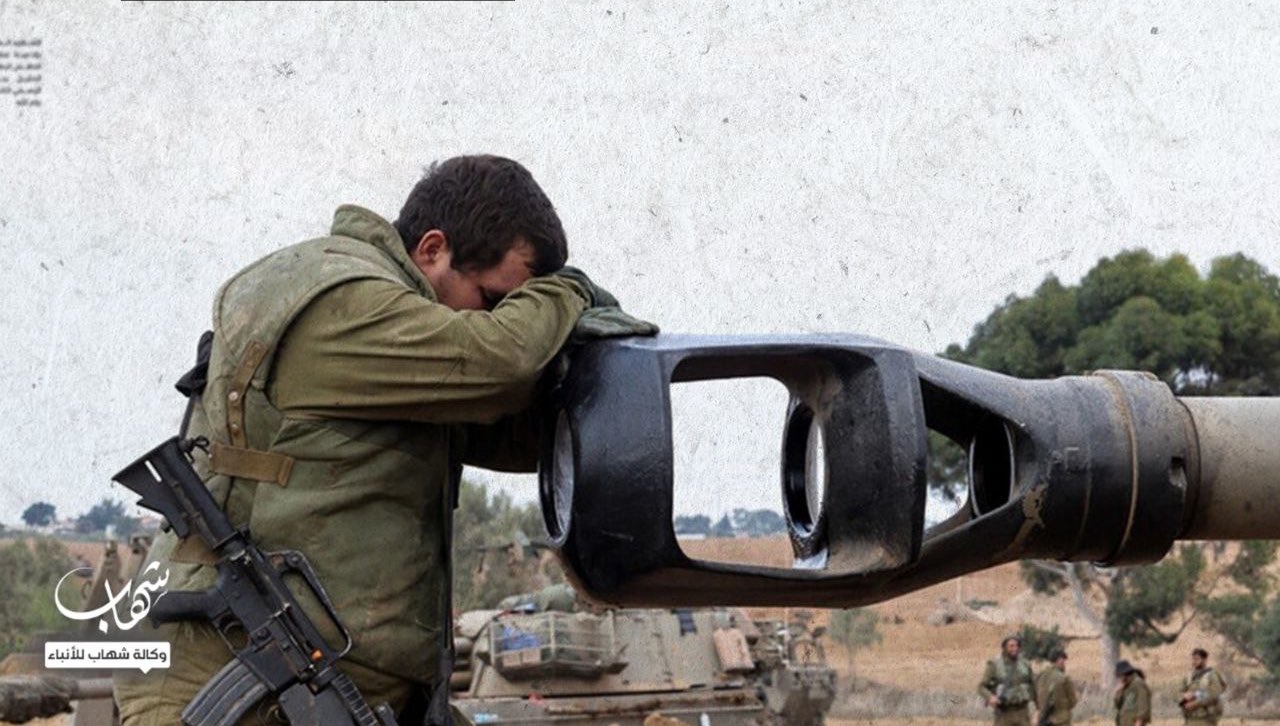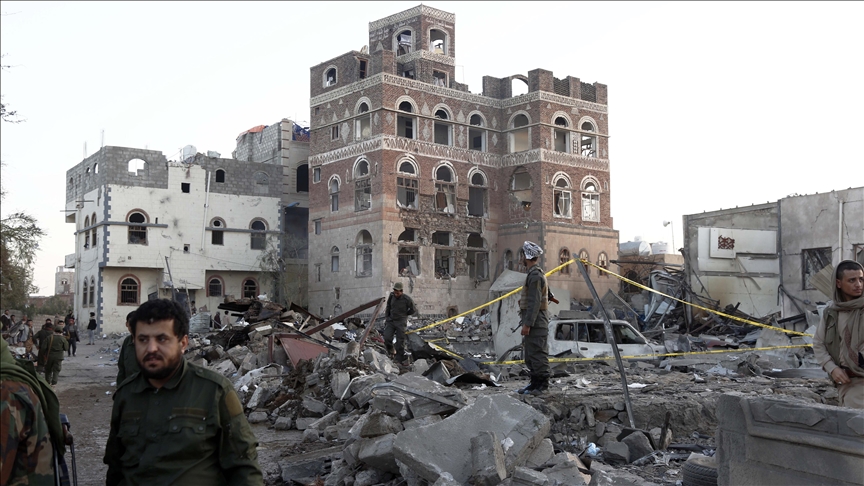Sliman Mansour, a prominent figure in modern Palestinian art, emphasized the importance of “rehumanizing” the Palestinian people, noting that he spent his youth fighting against the erasure of Palestinian identity.
“The Israelis and the West – they’ve been trying very hard to dehumanize us. As artists and people who deal with culture, it’s our role to rehumanize the Palestinian people,” Mansour told Anadolu.
The 77-year-old renowned artist, sculptor, writer and cartoonist, who depicts the historical struggle of Palestinians through his paintings, said he sees art as a form of resistance.
Born in 1947 in the town of Birzeit in the West Bank city of Ramallah, Mansour has portrayed the Palestinian resistance through his art for over half a century.
“I would like to show that Palestinians cherish their land and are holding onto it, and they are saying in poems about the beauty of the land. In my art, I want to show the beauty of the landscape of the land. I want to show that we live in a very unjust situation,” he said.
‘Don’t forget Palestine’
“I’m not thinking about the whole people. I think about the Palestinian people, and especially those who live outside who never saw Palestine. My message for them is: Don’t forget Palestine and Palestine is beautiful. In my art, there is no message of hate. It’s beauty and love.”
Mansour, who lived through the Six Day War between Arab states and Israel in June 1967, often draws attention to the conflicts and pressures faced by Palestinians.
Using symbols derived from Palestinian culture, history, and traditions, Mansour underscores the deep attachment Palestinians have to their land, which serves as a significant source of inspiration for his work.
“Everybody is fighting about the land, and the land is my main inspiration. I was born in a village and I experienced the land and working in the land and living in a village,” he said. “I think the memories of childhood always stay with people, even if they leave the village. From these memories, I think I take my imagination and I take my inspiration,” he said.
Saying that Jerusalem is a symbol of Palestine, and the Dome of the Rock is a symbol of Jerusalem, Mansour said he reflected this idea in a painting titled, The Camel of Hardships, which contained his first political message.
“But the first main painting that I did that had very obvious political meanings is the old man carrying Jerusalem on his back. I have a big family outside, living in the US and everywhere. I noticed that everybody was outside of Palestine. He goes out and he thinks he’s free from all the political pressures.
“But no, he’s always carrying his Palestinian on his back. If you are a Palestinian, you are a problem just because you exist. I wanted to show this fact about Palestinians who live abroad,” he said.
Mansour said in his 1989 work titled, Rituals Under Occupation, he depicted crowds carrying a cross covered with the Palestinian flag and extending toward the horizon.
He received inspiration from a Palestinian judge who lived in the Old City in Jerusalem and had a son who could not walk. Mansour said the Palestinian identity is a “big burden” for them.
“I talked to him (the judge) and he said that everybody in the world has his own cross, and Palestinian people have, all of them, have one big cross,” he said.
“The Palestinian identity is a big burden for us. Our existence is a problem. The flag became one of the main important images of Palestinian identity. The flag is the Palestinian identity, and it’s forever. We don’t see the end of it,” he added.
Mansur pointed out that one of the most frequently used symbols in his work is the olive tree, highlighting his 2021 piece, From the River to the Sea.
“It’s half olive tree and half orange tree. The olive tree symbolizes the land that was occupied in 1967. The orange tree — it symbolizes the land that was occupied in 1948,” he said.
Olive tree, orange tree
Saying that he does not only address the Israeli occupation but also underscores the resilience of the olive tree in the painting, Mansour clarified: “Olive trees – it can live in very rough places on the mountains and without water, and its roots are very long inside the land.
It symbolizes perseverance and the feeling of being that – holding the land and not giving up. In my opinion, Palestinians are like the olive tree,” he added.
Highlighting the Israeli occupation with barbed wire in his paintings, Mansour said: “Barbed wire symbolizes the occupation. It symbolizes also the settlements.”
“Because in every settlement, you see these barbed wires all around the settlement. For Palestinians, when they see barbed wires, it’s either a settlement or a military base or something. It symbolizes the occupation. They want to forbid you to come near that area,” he said.
Adding he is not always hopeful as an artist, Mansur referred to his 2018 work, Temporary Escape, where he expressed those feelings.
“I made this painting during this time when I felt very, very depressed and hopeless. When you live in occupied land, you are the target of many media people that — they aim to defeat you. I mean, defeat you from the inside. Sometimes they succeed, but then you wake up after a while. This is a fight that you have to go in,” he added.
Mentioning the impact of art on the Palestinian resistance, Mansour stated: “If the artist is really truthful with his feelings, he could be effective or she could be effective.”
“Some artists, they do it just because they have to do it. It doesn’t affect anybody. But my art is still, until now, it’s effective because I do what I like to do. It comes out from my heart,” he said.
“It’s not enough to come from your heart. You have to feel a belonging to the culture of your people. It’s not enough to feel belonging, but you have to study it. If you want to express your art through this culture, you have to know this culture very good. I think I have been through that,” he added in an interview with the Turkish news agency.

